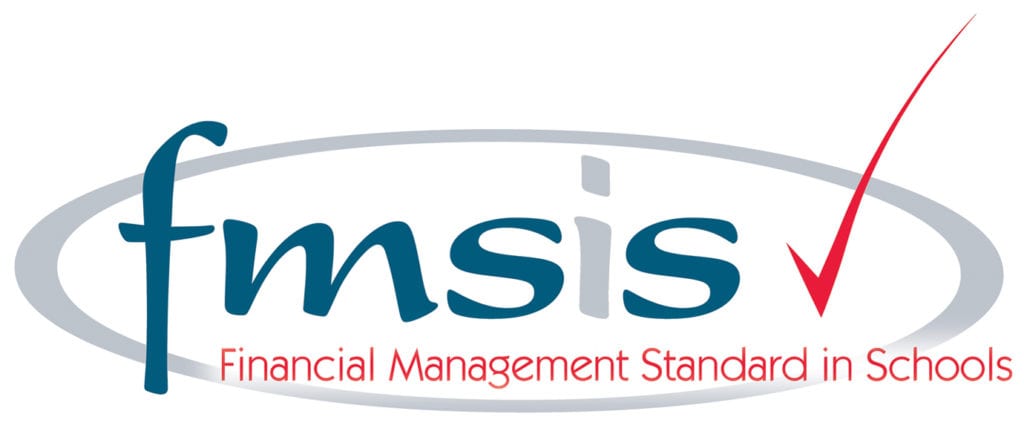How you can help at home (Oxford Owl)
In Year 2, your child will be building up a range of reading skills. They should have strong phonics knowledge and growing comprehension skills, which will help them read more broadly, confidently, and fluently.
In May, your child will take their Key Stage 1 SATs.
There are lots of ways you can help your child with reading in Year 2. Here are our top ideas.
1. Encourage your child to read with expression
At this age, it is likely that your child will bring home books to read aloud to you. Try to listen to them read every day.
As you listen to your child read, help them to decode any unfamiliar words if they get stuck and encourage them to keep going. The best advice is: be patient and be impressed!
Your child’s expression might sometimes sound stilted on the first read of a sentence or a page. This is because they are focusing on linking the letters to sound and then joining the sounds into words. To keep your child hooked into the story, read it again with expression – after lots of praise, of course!
2. Read to your child
Your child will learn a lot about how language works from speaking and listening. However, the type of language we use in writing is often different from that in speech. Reading regularly to your child, especially books that they cannot yet read on their own yet, is therefore a great way of improving their vocabulary and their understanding of language.
3. Choose a wide range of books
Try to read your child a mix of fiction and non-fiction, real stories and magical stories, familiar characters and new experiences. Sometimes you might choose the book, sometimes they might choose the book and sometimes you might read both!
Our free eBook library has lots of books perfect for younger readers.
4. Talk about books, stories, words, and pictures
Talking about books is a really useful habit to get into. Talk about the characters and what happens in a story, or what specific bit of information was most useful, and ask your child for their opinions too. Let them tell you if (and why) they don’t like a book. Part of growing as a reader is learning that it’s okay not to like books sometimes!
Asking your child open questions can help them to think about what they’re reading. Try to ask questions that begin with ‘how’ and ‘why’. See if your child can go back to the text and pictures to tell you how they know the answer.
Talking about what is happening in a picture, what the characters might be thinking, or what might happen next all help to develop reading skills too.
5. Don’t be afraid to re-read
It’s tempting to think that your child should always be reading new books and changing their books as regularly as possible. While your child will benefit from reading widely, reading the same book more than once is important too.
As well as giving your child the opportunity to encounter the same words and phrases enough times to remember them, re-reading helps children to the think again about the ideas in the book. Maybe they will notice something they missed the first time? Having old favourites that you go back to again and again helps develop a love of reading.
6. Keep practising phonics
By now, your child will have had lots of practice with reading. This will mean that they will probably not need to sound out and blend the sounds in most words. However, there will still be some unfamiliar words that need to be decoded carefully. It’s still important for your child to try sounding out and blending a word if they get stuck.







